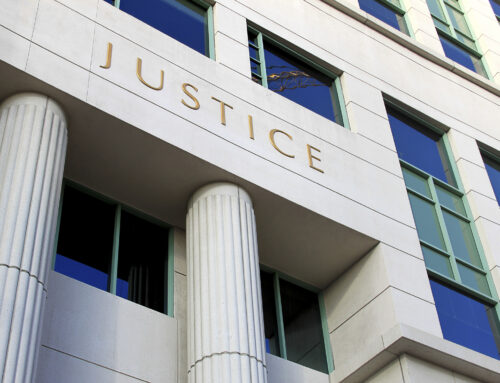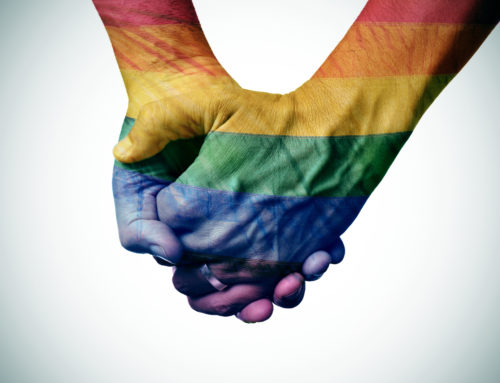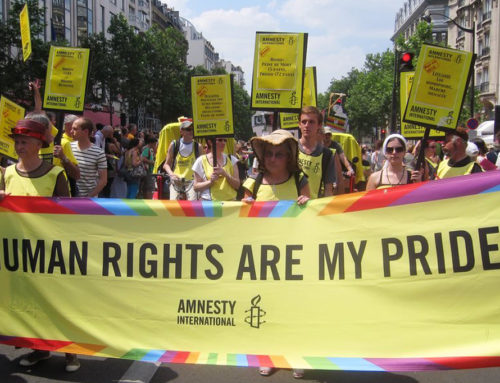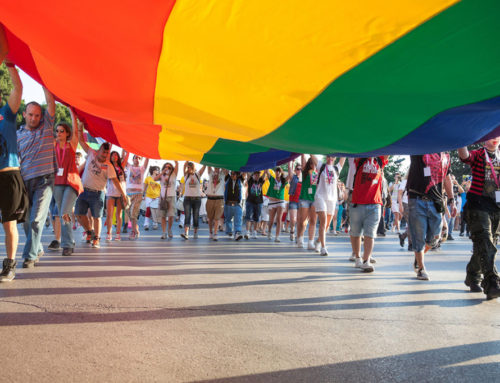This October, the Supreme Court of the United States will be tasked with deciding if discrimination against a job applicant or employee is against the law. The Court will be asked to decide if anti-LGBT discrimination violates the Civil Rights Act of 1964. Specifically, they’ll have to determine if anti-LGBT discrimination is a type of sex discrimination, as prohibited under the law.
An Employment Discrimination Case That Will Affect All Federal Law
The consolidated case before the Supreme Court – Zarda v. Altitude Express and Bostock v. Clayton County – focuses on Title VII of the Civil Rights Act. It will focus on whether or not anti-LGBT discrimination is prohibited in the workplace. However, the court’s decision will have a much broader impact. If the court holds that LGBT discrimination is sex discrimination, that result will affect discrimination in housing under the Fair Housing Act, as well as discrimination in education.
What is Sex Discrimination?
As it currently stands, employers are prohibited from discrimination against, harassing, or retaliating against an applicant or an employee on the basis of their sex. This simply means that an employer can’t treat someone differently because of their sex. If an employee or an applicant suffers any adverse job consequences, they might be able to file a discrimination claim or lawsuit against that employer.
Adverse job consequences might include termination, being paid less than other employees, or even not getting a job in the first place. The case before the Supreme Court is trying to extend these protections to include sexual orientation.
The Current Administration Doesn’t View LGBT Discrimination As Illegal
The Trump Administration has made it clear that it doesn’t believe that LGBT discrimination is against the law. Dubbed the “discrimination administration” by some, the federal government has rolled out policies that encourage, rather than punish, discrimination against the LGBT community.
A New Supreme Court Will Hear the Landmark LGBT Case
In 2015, the Supreme Court held in Obergefell v. Hodges that the right to marry is protected under the Due Process Clause of the United States Constitution, regardless of sexual orientation. The Supreme Court that decided the Hodges case is much different than the Court that sits in Washington today.
There are two new – and notably conservative – justices on the bench, courtesy of the Trump Administration. While the grounds for the two LGBT cases are different – Due Process vs. workplace discrimination – they do focus on the same primary issue. That is, is it permissible to discriminate against another person because of their sexual orientation? Or, do our laws prohibit that?
Oral arguments are scheduled to begin on October 8, 2019. Visit the International Lesbian and Gay Law Association often for more updates.








